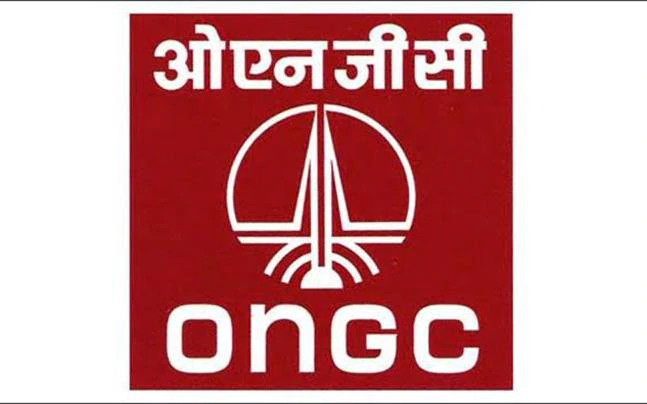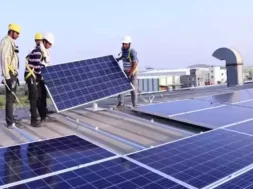
EU to boost green hydrogen use for decarbonisation, focus on energy efficiency
European industry and refineries already use around 8 million tonnes of hydrogen each year, but most of this is “grey” hydrogen, a version made from natural gas in a process that produces planet-warming emissions
BRUSSELS: The European Commission on Wednesday unveiled a strategy to scale up renewable hydrogen projects across polluting sectors from chemicals to steel and push for clean fuels and energy efficiency to meet the EU’s net-zero emissions goal by 2050.
European industry and refineries already use around 8 million tonnes of hydrogen each year, but most of this is “grey” hydrogen, a version made from natural gas in a process that produces planet-warming emissions.
The EU’s priority is to develop “green” hydrogen and largely deploy it for sectors hard to decarbonise or where electrification is difficult or impossible from 2030 to 2050. But it recognized the need for a phased, gradual approach where a halfway house of “blue hydrogen” will play a role.
From 2020 to 2024, hydrogen electrolysers installations of at least 6 gigawatts of renewable would be set up in the EU, with the production of up to one million tonnes of renewable hydrogen.
In the second phase, at least 40 gigawatts of renewable hydrogen electrolysers would be installed and up to ten million tonnes of renewable hydrogen would be produced in the EU, from 2025 to 2030.
Cumulative investments in renewable hydrogen in Europe could reach between 180 billion and 470 billion euros by 2050, and between 3 billion and 18 billion euros for low-carbon fossil-based hydrogen, the bloc’s executive said.
“Next to being an alternative fuel and energy carrier, hydrogen can become an important low-carbon building block for the chemical industry’s production processes,” said Marco Mensik, director general of of the chemical industry association Cefic.
The EU also said energy efficiency will be a priority, along with a greater use of electricity where possible and promoting clean fuels, including renewable hydrogen and sustainable biofuels and biogas. New classification and certification system for renewable and low-carbon fuels will be introduced.
The strategy did not contain any legislative proposals which the Commission said would come next year.
















